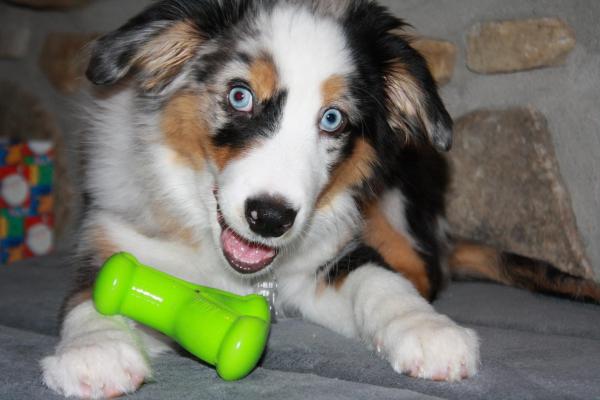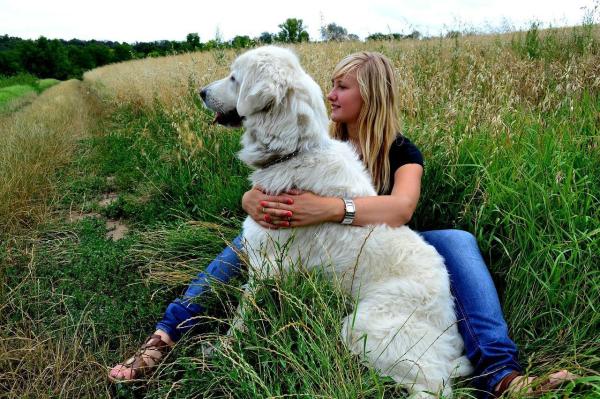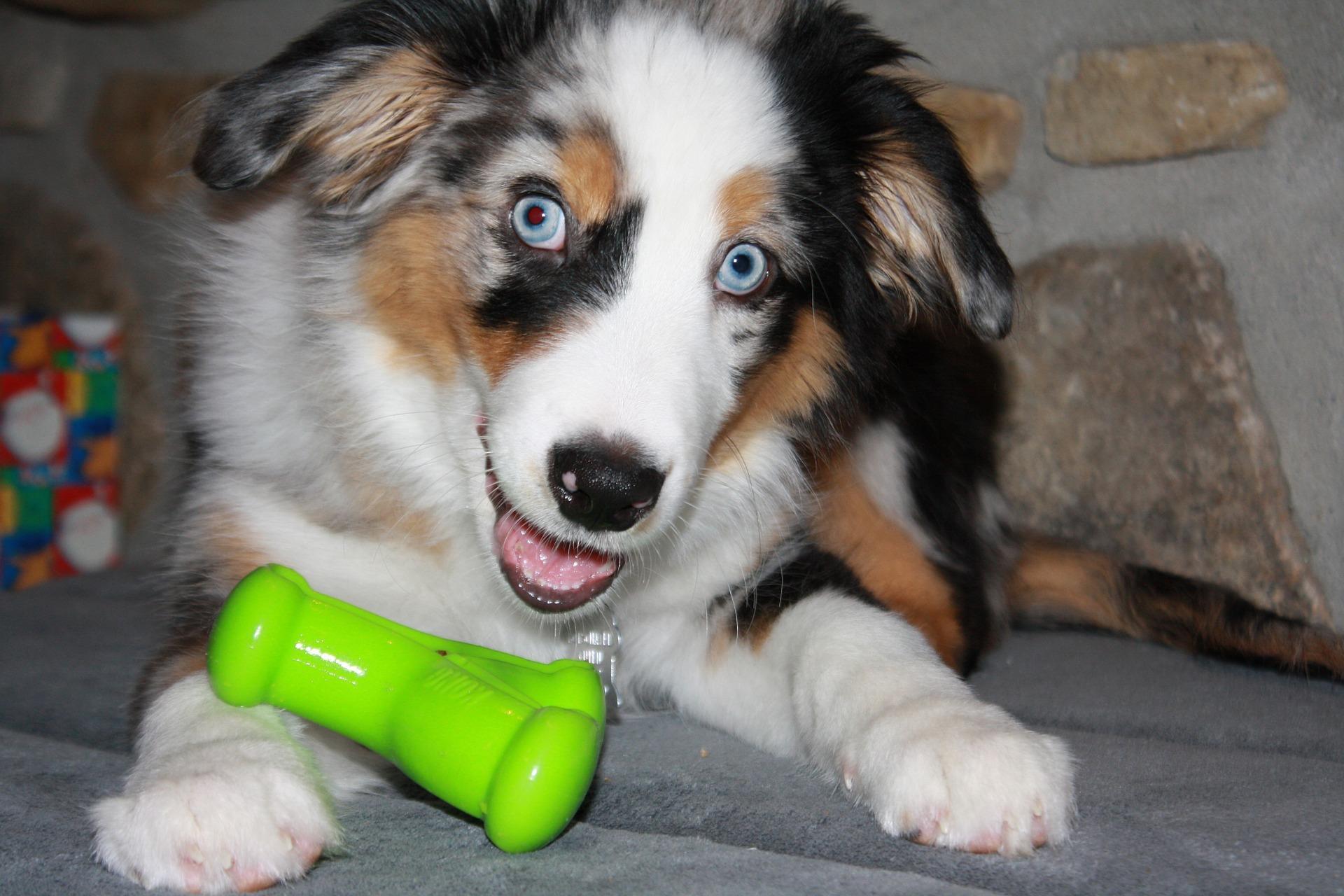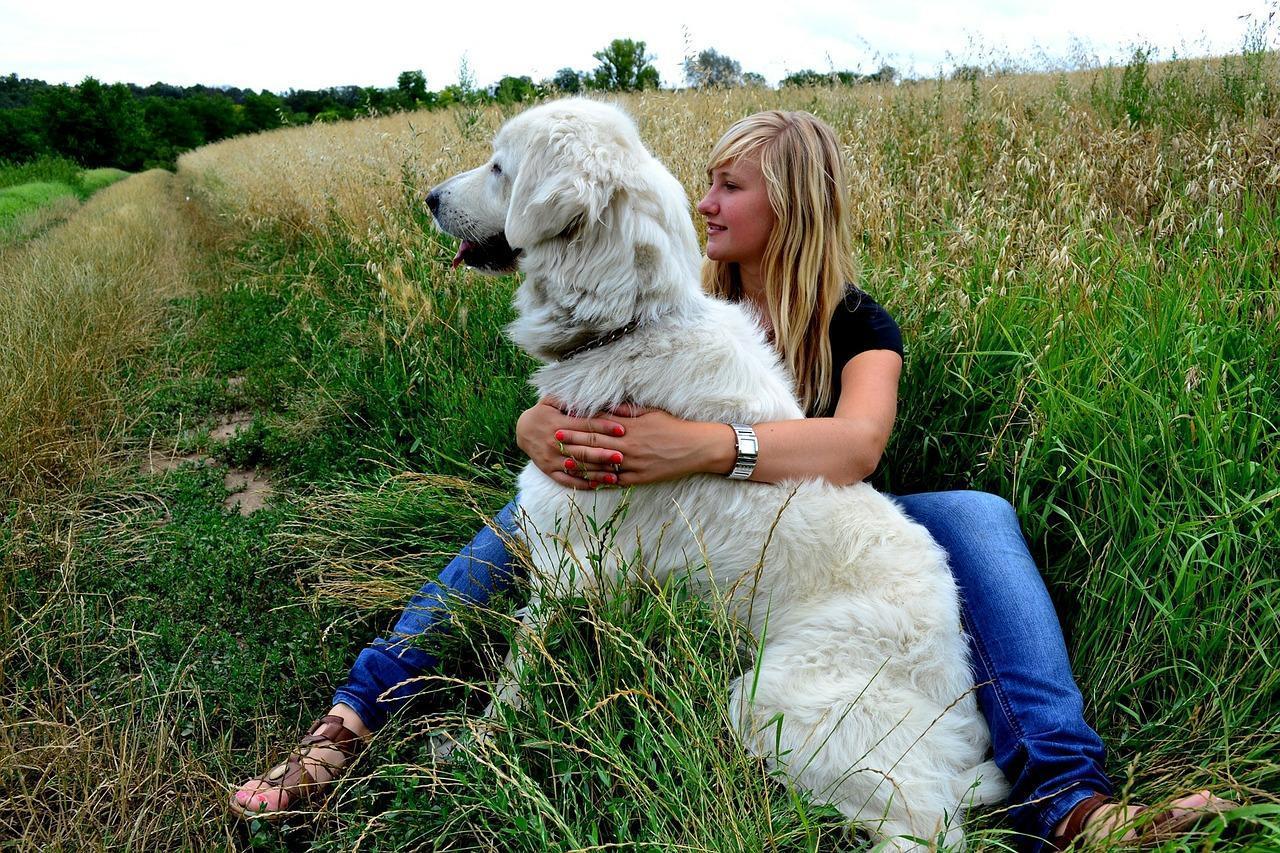Why does my Adult Dog Bite my Puppy?



See files for Dogs
When faced with their dog suffering from separation anxiety, many people resort to adopting a new puppy to keep the other dog company in order to rectify the problem. Perhaps this was the reason why you adopted a puppy.
What many people don't expect is for the adult dog to reject the new member of the family. This is fairly common, and in fact it is quite likely to happen if you don't know how to correctly carry out the process.
If you're in this situation, or if you're considering getting a new puppy, make sure you read this AnimalWised article and finally work out why does my adult dog bite my puppy, together with tips to prevent this problem.
Introducing a new puppy to an adult dog
To begin with, you need to put yourself into the mindset of your dog: imagine coming home and finding your partner with a stranger, and they tell you "look how handsome and lovely they are! They're going to live with us from now on". Not only that: this stranger is going to sleep in their room, walk around the house, and eat their food. Who wouldn't feel a bit put out?
The first serious error in this situation is the introduction, which was done incorrectly, and it could explain why your dog bites your new puppy. Instead, you should introduce a new companion to your dog little by little, in a neutral area such an off-leash dog park. You should have someone else to help you with this process. If your dog is properly socialized, it will treat the new puppy normally, without tension or jealousy.
Make this a calm and relaxing situation for both dogs: let them get to know each other, sniff each other and play with each other. The more positive the encounter, the better. If the situation is calm and positive, it's a good idea for the four of you to go for a walk and use positive reinforcement for the two dogs to the same extent. If you see tensions arising between your dog and the puppy, get your dog's attention and separate them for a short while.
If you get the chance, it's best for the puppy to stay with another person for a day or two. By doing so you'll be able to encourage the connection between the new puppy and the adult dog gradually.
You can also go to an animal shelter, where you will have the opportunity to introduce your adult dog to several puppies. This way, you?'l be able to find out which ones it gets along best with. Only when you're sure that both dogs get alone can you have them in the same area. Don't bring a new dog into your home if you're not sure that it will live positively with the other one.

Bringing a new puppy home
Before the puppy arrives, make sure you get organised. The first thing is to respect your first dog's area- not only its bed, but also its toys, bones and food bowl. A very common mistake is to pick up an adult dog's toy so that the two of them can play together. Be careful, because your dog might get angry and react by biting the new puppy. The puppy should have its own space and its own personal belongings.
On moving day, first of all take the two dogs for a walk. When you return, allow your adult dog to enter the house first, off the lead. The puppy should enter last. Without letting it off the lead, slowly show it around your house while keeping an eye on your first dog. If your pet is calm once the puppy has visited all the rooms, let the puppy off the lead.
In the early days, it's possible that your adult dog will growl at and warn your puppy by biting it without applying pressure, showing it what it should or shouldn't do: this is its way of communicating. The puppy is learning to live with someone else. Even though it may scare you, it's very good for the other dog to teach it how.

Adapting to changes
During the first two weeks, you should keep an eye on the dogs' behavior and not leave them alone. Don't change anything in your routine. The first dog shouldn't think that its life has suddenly changed because of the newcomer. The one who needs to adapt to a new situation is the newcomer.
If there's a child at home, you should explain that they can't play with the new puppy all the time. On the contrary, this is the time when you should pay more attention to the older pet. Your dog has been fighting to win your affection all this time; it shouldn't see the "new one" getting it without any effort.
Don't forget to give your adult dog extra love during these days: remember that change is very stressful for dogs. It can be very useful to give it a special toy, such as a Kong.

My dog bites my new puppy: What should I do?
Sometimes, despite your best efforts, fights happen. However, don't be blinded by the shock of seeing your dogs fighting: since you've had a dog for a while now, you will surely have seen it playing with other dogs.
Dogs like to test the water with each other. You'll have seen them with their mouths wide open, as if they are going in for a bite. However, they rarely end up biting for real. Your adult dog will do this with your puppy. It's only a warning, and there's nothing to worry about.
If there is a real fight, you should go to an ethologist or dog trainer for advice on how to redirect the relationship between your adult dog and your new puppy. Just as you would take your child to a psychologist if they need it, you should take your adult dog to a specialist if it has a negative or even dangerous attitude.
Remember that getting a dog is a responsibility. You shouldn't adopt one if you aren't convinced that you will be able to help it with all the problems that may arise during its life, including, of course, veterinary costs.

If you want to read similar articles to Why does my Adult Dog Bite my Puppy?, we recommend you visit our Behavioral problems category.










